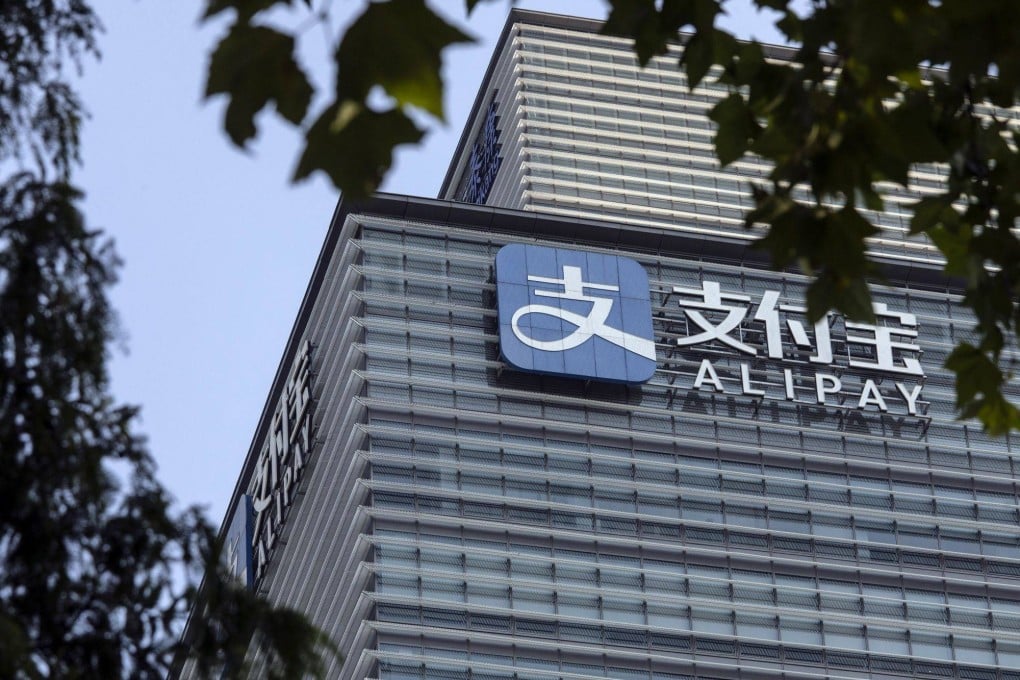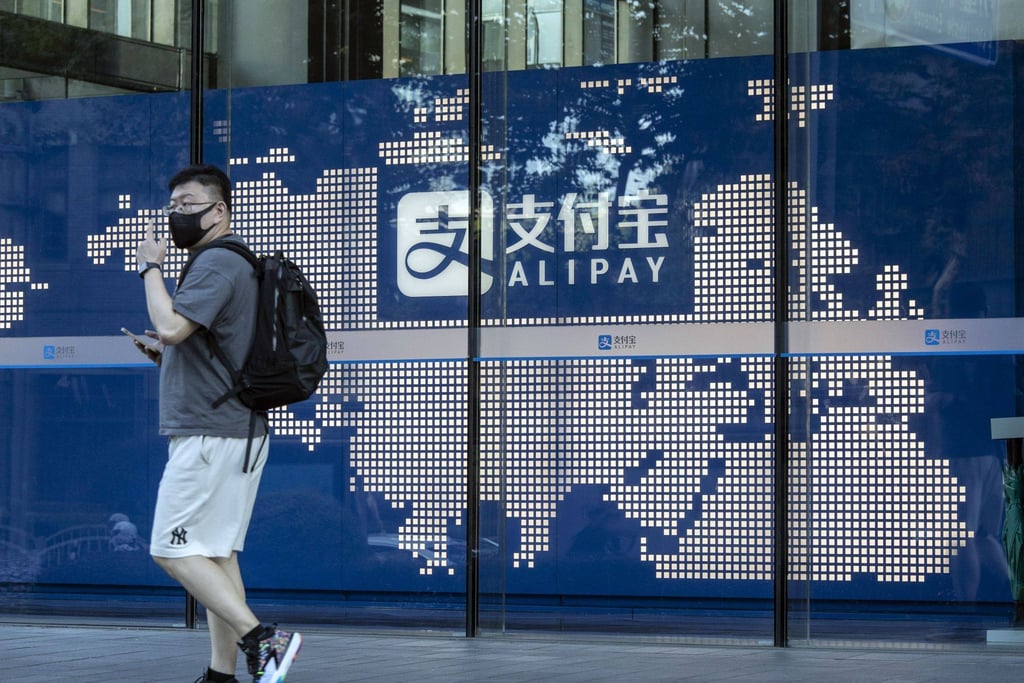Ant Group’s profit contribution to Alibaba falls for first time amid restructuring, regulatory pressure
- Alibaba, which owns 33 per cent of Ant, made 17 per cent less from the fintech giant during the June quarter, the first time since 2019
- Ant’s rising investments in cross-border payment services overseas, as well as business-to-business services, has increased expenses, analysts say

Ant Group, operator of popular Chinese online payment service Alipay, contributed less to Alibaba Group Holding’s net profit in the June quarter than a year earlier, as regulatory pressure and economic headwinds hurt earnings.
Alibaba, which owns 33 per cent of Ant, made 3.72 billion yuan (US$555 million) in net profit from the fintech giant through equity method investments during the second quarter, down 17.3 per cent from 4.49 billion yuan in the same period last year.
This marks the first decline in Ant’s contribution to Alibaba’s net profit since the e-commerce giant acquired its stake in the fintech company and started to disclose the firm’s contribution in its financial results in 2019.
Alibaba, owner of the South China Morning Post, did not explain the reason behind the decline. Neither did Alibaba executives mention Ant during a post-earnings call with analysts on Thursday.

Ant has been undergoing a lengthy state-guided restructuring process since its initial public offering was called off at the last minute in late 2020 under pressure from Beijing.
The company is currently seeking regulators’ approval to transform into a financial holding group. It has been making efforts to meet regulatory requirements, including moves to distance itself from Alibaba.